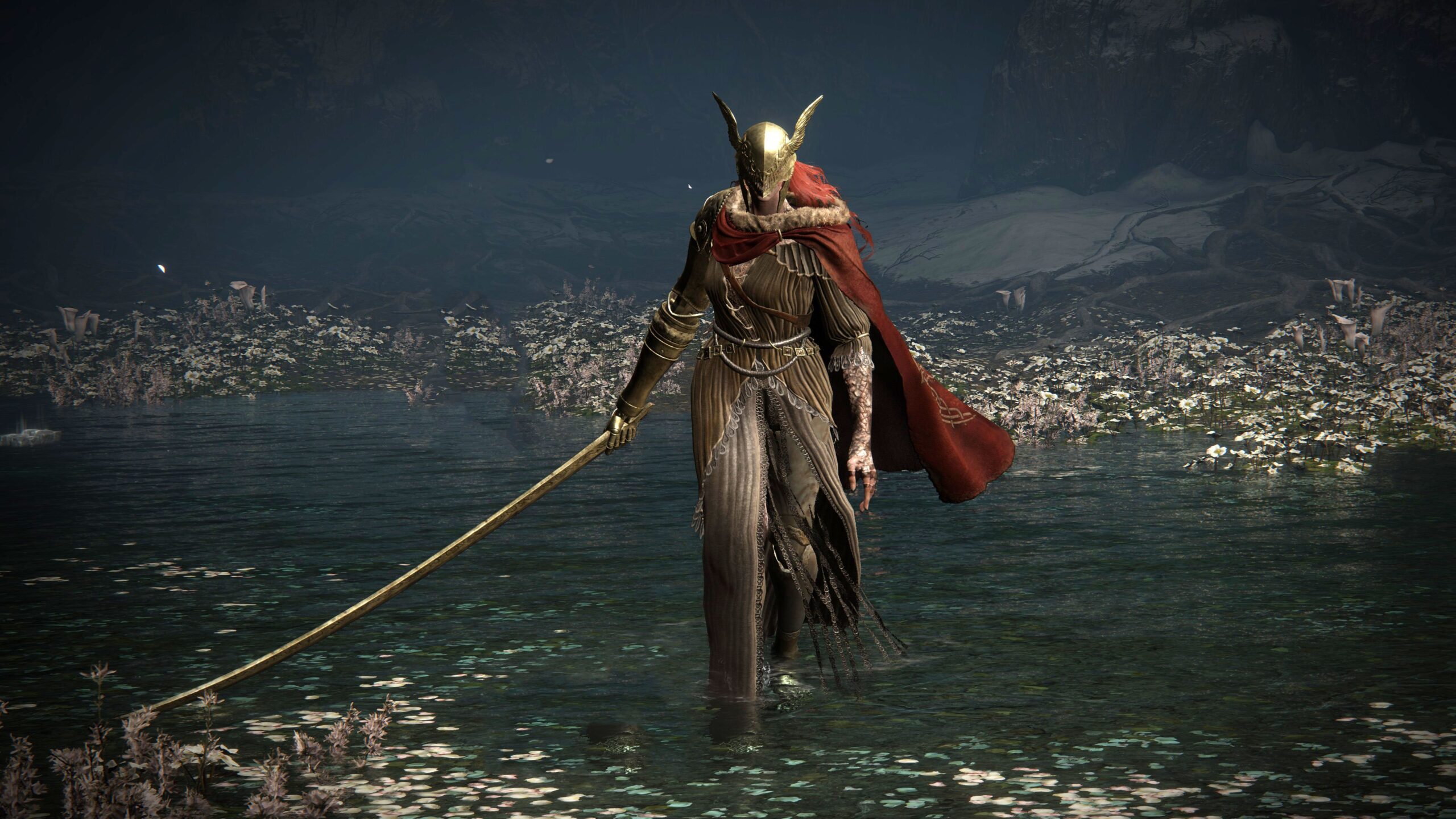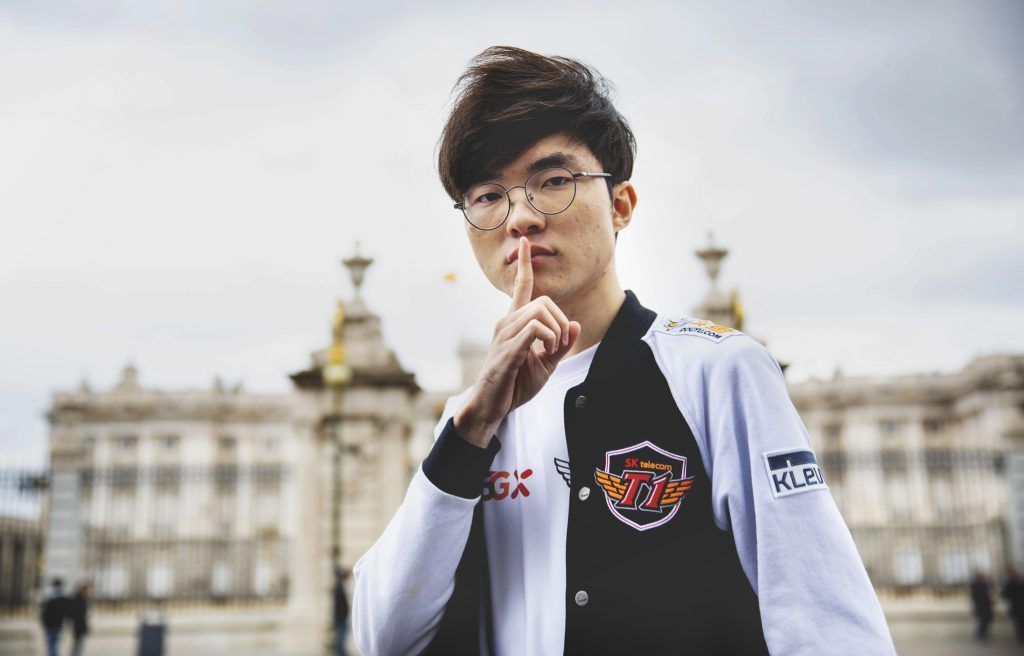The first time you play a game can be overwhelming. There are so many things to take note of, so many things to learn, and almost instantaneously, you’re overloaded with information.
Imagine playing a video game like Fortnite or any other shooting game. You casually queue up for a game and all of a sudden, there’s this one guy named Shroud who keeps on one-tapping you. You’re thinking he’s hacking, or that he’s exploiting something. But that’s just your ego telling you what you want to hear. This player character’s ability to get rid of you with a single shot is just beyond human capabilities. But what you probably didn’t know at that time is that Shroud is one of the best first-person shooter players in the world right now.

Let’s move on to another game, like say, Elden Ring. You’ve been seeing the memes and rage quit clips on YouTube, so you’ve decided to give this game a try. You’re pitted against Malenia, Blade of Miquella the first time and then you realize that this player character’s ability makes you wish you never even bought this game.
Malenia, Shroud, and every other person (both real and in-game) are prime examples of what being OP is all about. OP means overpowered, and we’re not talking about superpowers here (except for Malenia, because she has powers).
What Does OP Mean In Gaming?
For multiplayer games such as Fornite, League of Legends, and Overwatch, you’ll hear the word OP thrown a lot, either as a praise or a sarcastic comeback to getting killed.
For single player games, OP also refers to any particular character, or computer controlled enemy, that can do what you can’t do, and that’s to kill everything with one shot.
Regardless if it’s single player or multiplayer, OP means overpowered. This is a gaming lingo referring to a real life player or in-game character that performs above normal expectations. The term OP is one of many slang terms you’ll encounter in Internet forums, YouTube videos, and even Twitch streams.
Why Is The Game Considered To Be OP?

A player, in-game character, or even the game itself can be considered OP if there is a noticeable increase in power, difficulty, or skill. A good example of what can be considered OP is Paul from Tekken. Paul has this one move where he takes out a huge chunk of your lifebar with just one hit.
Back to the topic of Elden Ring, Malenia is also considered too OP because she’s too quick for normal gamer reflexes and players have been known to go through her at least a hundred times or so before getting it right.
What Are The Different Types of OP?
For adjective gamers left and right, OP refers to many things, such as player skill, game difficulty, in-game mechanics, or even player luck.
Player Skill and Ability

When a player is considered too good at a particular game or a player overpowers another player without difficulty, he or she is considered overpowered. For example, we have Faker from League of Legends and Shroud from CS:GO. In gaming slang, OP means that they’re way too good for the game with their mindset, their abilities to carry out in-game mechanics, and other elements.
Game Difficulty and In-Game Mechanics
Sometimes, it’s not the players or the video game characters that are overpowered but the game itself. In most cases, it doesn’t refer to the entirety of the game but just a certain aspect of it.
Going back to the topic of Elden Ring, the in-game mechanics and game difficulty are both considered OP in a sense that it’s way too difficult for casual players but still very satisfying to play.
In multiplayer titles, it’s not only characters that can be overpowered. The OP gaming slang can also refer to items too.
Player Luck
Some players can also be overpowered in terms of in-game luck. OP can be used to describe a player’s insane good luck, such as looting items or opening loot boxes.
Other Gaming Terms Synonymous and Antonymous to OP
Sometimes, the quintessential term OP is not always a good thing, especially when it’s dubbed on a video game character or item. Games like League of Legends and Dota 2 release new champions or heroes to expand their rosters, but these characters aren’t exactly balanced right away.
Nerfing
The interaction of these champions and heroes might break gamers’ expectations, so they end up being labeled as overpowered. When games have these overpowered toons running around, publishers will nerf these toons.
Nerfing means to decrease the power levels of these toons and/or items to a more manageable level. Nerfing usually occurs in most multiplayer games, but single-player games aren’t excused from this either.
Underpowered
When toons are lacking in power, or at least lacking severely from gamer’s expectations, they are considered underpowered. Underpowered toons are the standards for what overpowered toons are held on to, and vice versa. Conversely, a toon can be considered overpowered when they exceed what underpowered toons are capable of.
Allow us to put the previous paragraph into context. Let’s take World of Warcraft as an example, mostly because this game is what I’ve been playing for the past few years and I know my way around what’s OP and UP.
Let’s compare two tank specs from two different classes: Protection Paladin and Blood Death Knight. Both tank specs have different tank kits and survivability features. Protection Paladins excel with high block chances and innate healing, while Blood Death Knights specialize in taking a lot of damage and healing at the same time.
When you compare their healing abilities, one would assume that the Blood Death Knights are more overpowered compared to the Protection Paladins. Likewise, if we talk about their survivability, Blood Death Knights are severely underpowered compared to the Paladins.
Final Words
Now that you know what OP stands for in gaming context, feel free to add it to your growing list of gaming jargon.